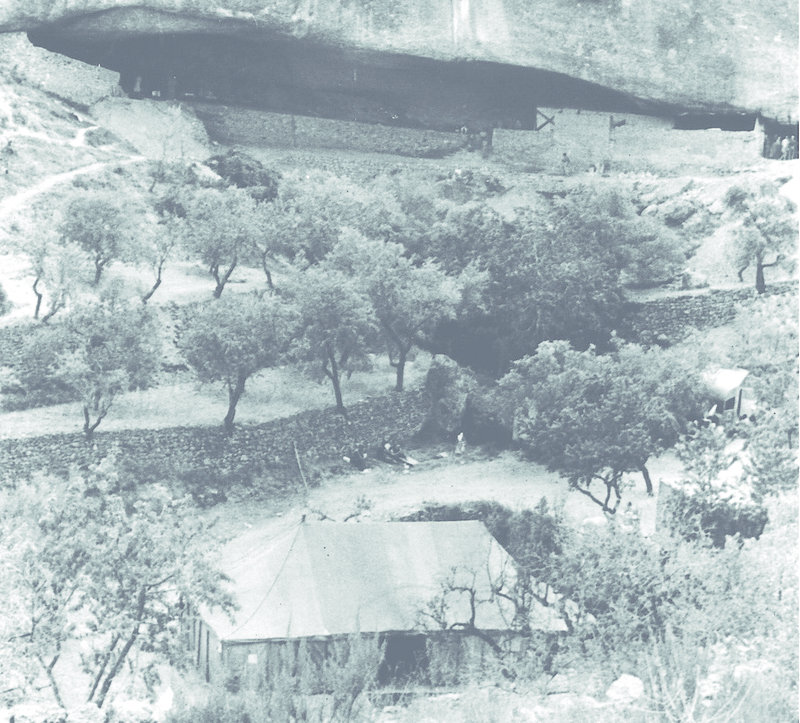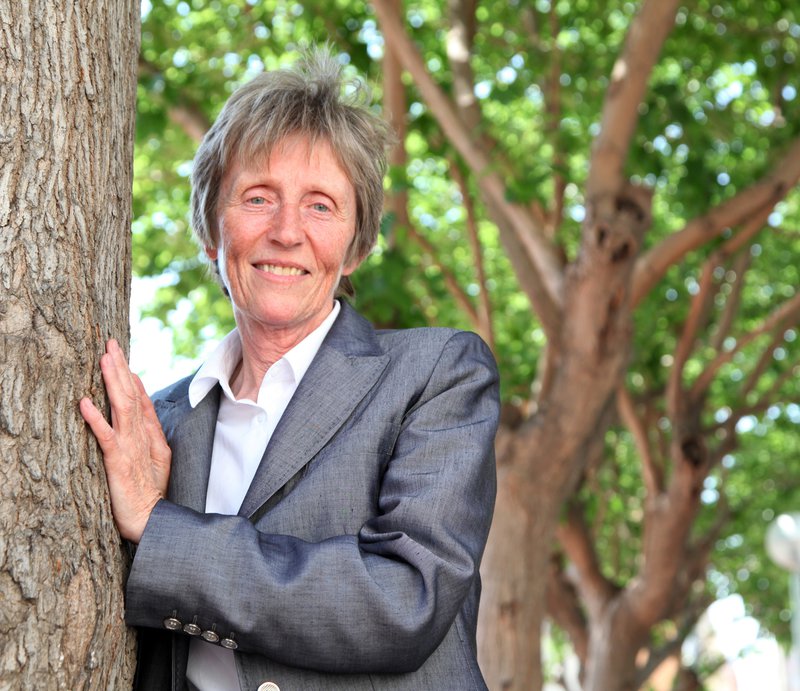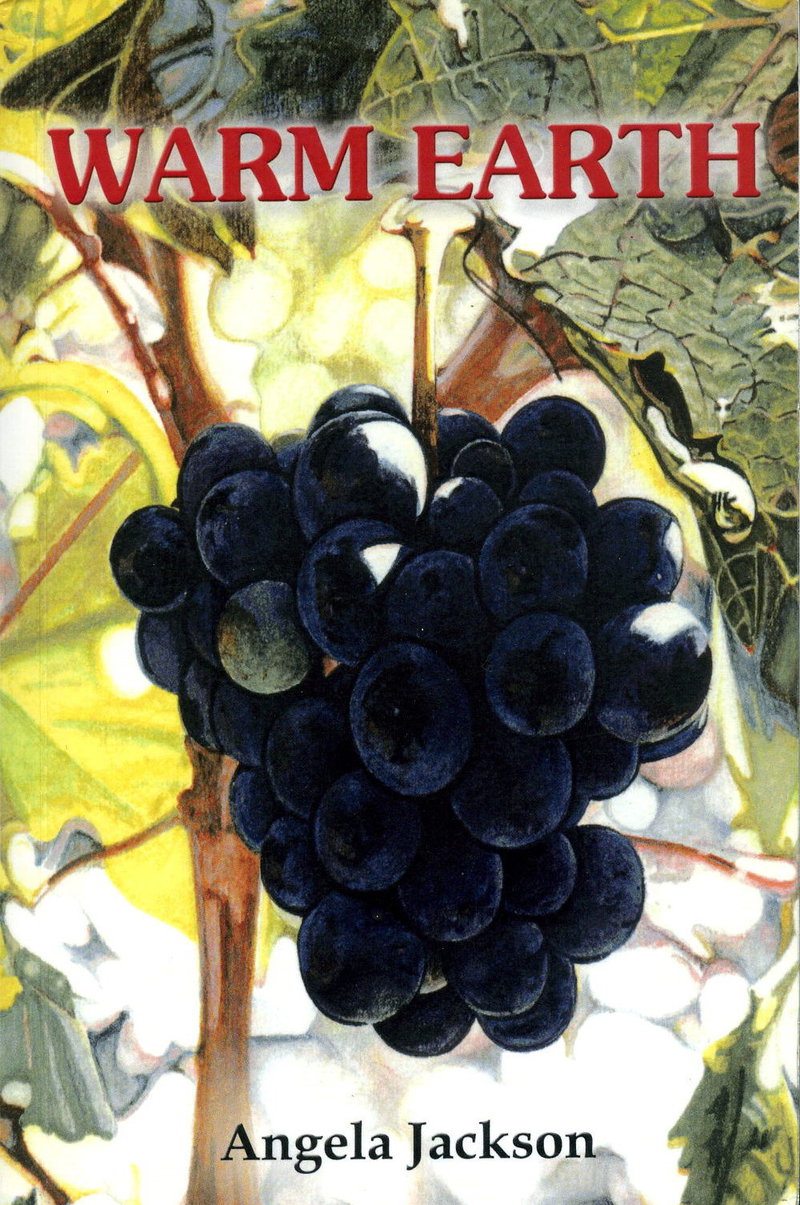Recovering ignored history Hymn to freedom
Warm Earth, the fourth in our series of works of fiction looking at Catalonia through foreign eyes, tells the dramatic and moving story of British women working as nurses and organisers with the International Brigades during the 1936-39 Civil War
So why are no women featured in your Civil War book?” Angela Jackson, with characteristic directness, asked a well-known Spanish historian a few years ago. “There were none,” he shrugged. Warm Earth is part of her answer to his complacent ignorance.
Volunteer women
The novel tells the story of three English women who volunteered in the Civil War, two as nurses and one (Addie) as a driver and organiser for Medical Aid. The easy-going and optimistic Addie and the no-nonsense, tactless Constance are the central figures of the book. These two well-educated women are accompanied by damaged, guilt-ridden Rose, fleeing sexual abuse and East End penury.
Warm Earth is unlike any other Civil War novel. For one, women are the protagonists. Then, the style is fresh and uncomplicated, far from the often portentous prose of war memoirists and novelists. And third, the book deals not just with novelised war experiences, but also with the pain of memory.
The action, set in 1937/38, is framed by a start and finish after the War. Rose tries to forget Spain, making a respectable marriage, but she can't forget. Lifelong Communist, Constance in her old age continues giving talks about the War to warn new generations of the dangers of fascism. Yet she has kept quiet all her life about her love affair in Spain with Karl, a German volunteer who was killed. She kept the most precious and most hurtful memories to herself, “to nurse like wounds.” With this simple powerful image, Jackson nails her dual approach to the Civil War: the physical job of nursing others' injuries and the nurses' own emotional wounds, the public and the private domains. This is a war novel about personal life, not just fighting.
Blood clotted under their nails
What makes Angela Jackson's novel so readable is its characterisation. The three women are particularly ‘real': complex and contradictory. And there are many other walk-on characters whose personalities are caught in a few lines. One example is Phyllis (p.100), who had been deputy headmistress at a private school in England. At first sight, Addie sees her as most unlikely to be capable of looking after destitute, despairing families at the refugee hostel she runs; but when this middle-aged woman in dowdy clothes speaks in Spanish, she turns into a vivacious, warm organiser.
Some of the passionate writing and the book's structure make Warm Earth almost a romantic novel of love in war. All three women awake to sexual relationships, with their men then away at the front. But the women here are not sitting around and waiting. They themselves risk their lives, working in the toughest conditions, with makeshift operating-tables, blood clotted under their nails, cold, lice, exhaustion. It is hard to think of the pleasures of touching your lover, Constance reflects, when her day-to-day experience of men's bodies is of nursing crushed limbs, spilled intestines and torn flesh. Not too romantic a novel.
The book is uneven. Sometimes Angela Jackson summarises too much, explaining events rather than dramatising them. Omniscient author, she tends to tell her readers what her characters feel and think, rather than showing. Yet she usually gets away with these tics, characteristic of a precise non-fiction writer, because her pace is fast and her style breezy. She is an intelligent writer, too: so what her characters feel and think is usually interesting.
Love & Loss in the Priorat
The book moves through València, Albacete, Murcia, Madrid, Benicàssim, Tarragona, Barcelona, Teruel, wherever the women's jobs take them. It reaches its climax in the Priorat, round Marçà, near Falset in Southern Catalonia. Here Addie and Constance spend an idyllic summer and a nightmare autumn, as first the Republican Army regroups for its last push across the Ebro and then is defeated. At the same time their great loves end.
In Marçà and the cave hospital at nearby La Bisbal de Falset, Jackson succeeds beautifully in integrating geography, feelings and politics. Bee-eaters with “the sun glinting on their shimmering gold and turquoise feathers” represent the peaceful interludes, all the more intense because death lurks round the next corner. Constance despairs at personal loss and the coming defeat, but keeps fighting; Addie is torn between her feelings and the harsh political choices of war.
Warm Earth is a great story, well structured and well characterised. It is a political novel, difficult to do. A feminist hymn to freedom and solidarity, it restores women to their oft-ignored central roles in the Spanish Civil War. And it celebrates that long-ago, defeated Republic, which contains still the seeds of our future.
Angela Jackson's is no normal literary or academic career. She had worked as a veterinary anaesthetist and brought up two children before she matriculated in 1990 as a mature student. She began research into British women in the Spanish Civil War, as little had been done.
She interviewed many of the ageing survivors, women who had volunteered. She accompanied several of them on their 1996 sixtieth-anniversary trip to Madrid, in particular Patience Darton who died there after the massive, enthusiastic reception. The emotional intensity and historical interest of these survivors fed into both her 2012 biography of Patience, For us it was heaven, and the novel discussed on these pages, Warm Earth, which fictionalises with little disguise the stories of some of the women Angela knew.
Her Essex University PhD thesis led to her most important book, British Women and the Spanish Civil War (2002 & 2009). It is a well-researched, definitive history. And it is much more: a book full of insights into war, the left and women's struggles.
Angela Jackson and her husband moved to Catalonia fifteen years ago, living in a beautiful house in the fields outside Marçà, in the Priorat. Angela re-discovered the cave hospital at La Bisbal de Falset, described in Beyond the Battlefield (2005). A further book, At the Margins of Mayhem (2008), explored the relationships between local people and the International Brigades. Both of these were published in Catalan, too.
Not just a historian and novelist, but also an activist, she co-founded and became President of No jubilem la memòria, an organisation to recover silenced voices of the Civil War and commemorate the Republican cause.






